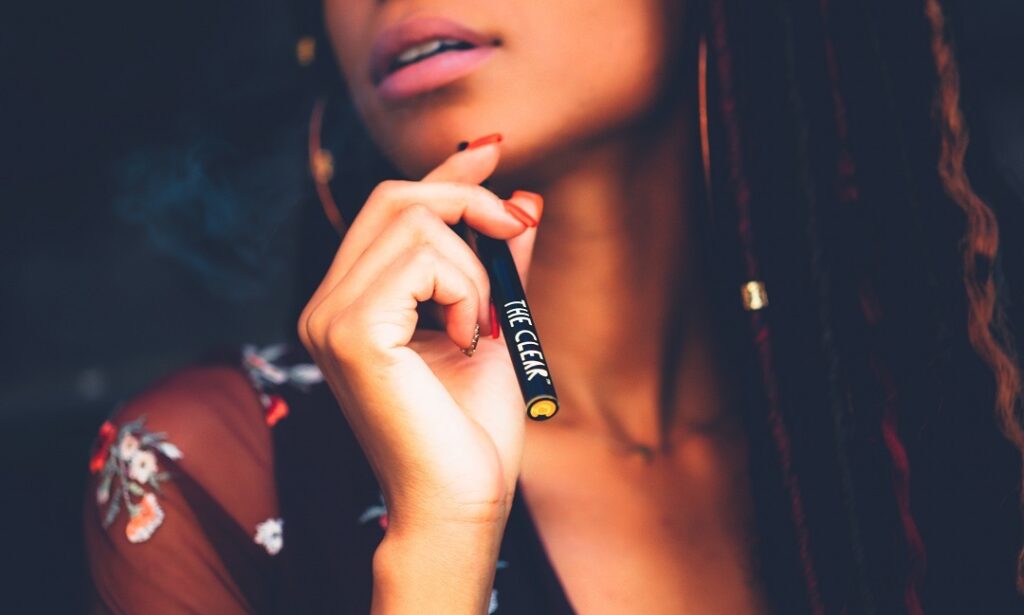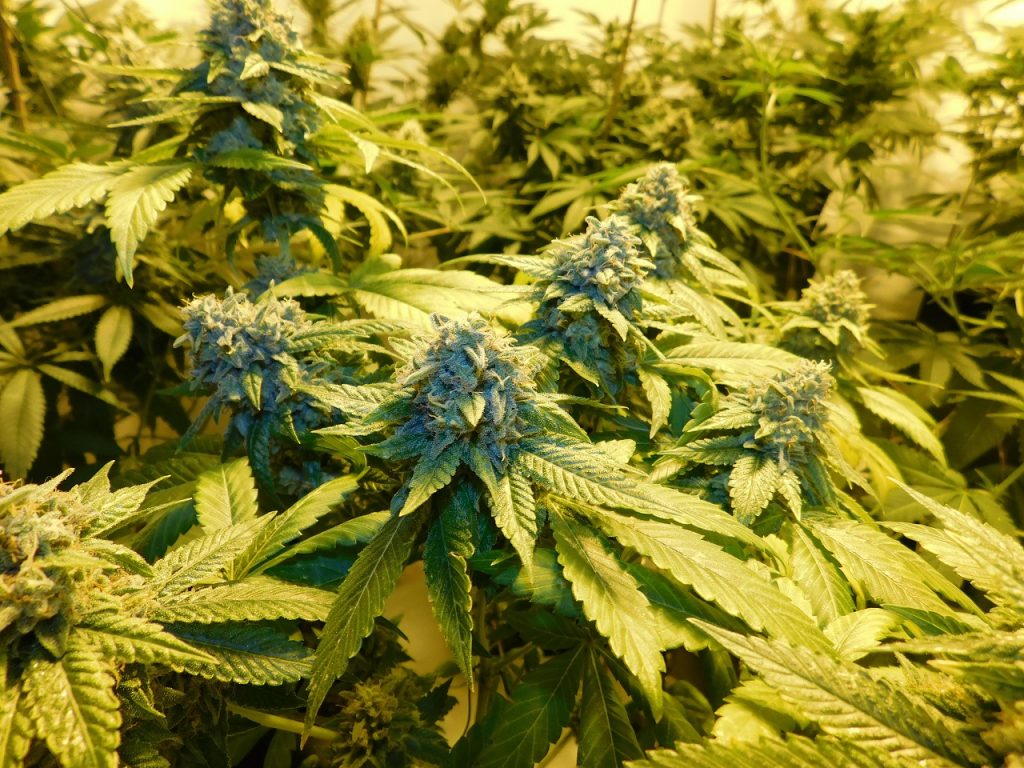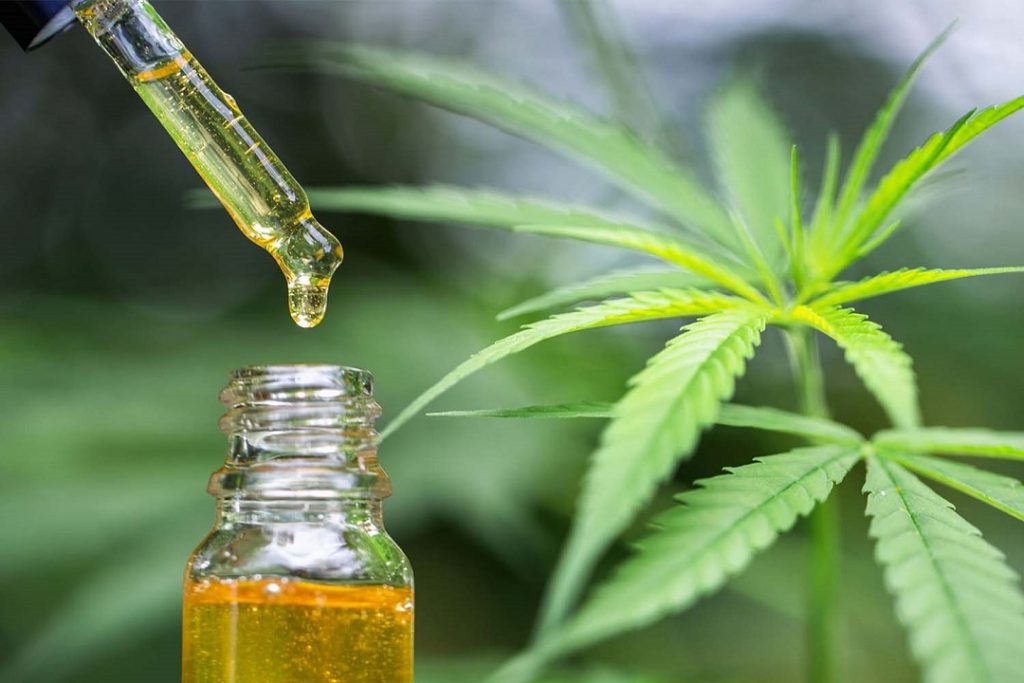What Is Delta-8 THC?
Delta-8 THC is a naturally occurring cannabinoid found in marijuana and hemp. It is a minor cannabinoid, meaning it is present in trace amounts, as opposed to Delta-9 THC which is prevalent in marijuana and responsible for the stoning effect most commonly associated with weed. When Delta-9 THC degrades, it naturally becomes Delta-8 THC as it breaks down. Delta-8 is therefore an analog of Delta-9. It is similar in molecular structure but provides slightly different effects.
Since it is naturally present in such small amounts, extracting Delta-8 THC from marijuana or hemp is not a cost-effective option. Most Delta-8 products are made by converting CBD into Delta-8 through a special isomerization process.
Delta-8 THC vs. Delta-9 THC
Delta-8 behaves very much like Delta-9. There are various effects depending on whether or not the strain is sativa or indica, and what terpenes and flavonoids are naturally present in the plant. The biggest noticeable difference is that Delta-8 THC is much less psychoactive, which is a big draw for people who wish to partake in cannabis but do not want the intensity of the high that results from potent weed. Delta-8 is a wonderful way to gain the benefits of THC, but without an overwhelming high and is especially recommended for first-time cannabis users.
Because Delta-8 is a form of THC, it will likely show up on a standard drug panel. Most THC tests are not able to distinguish the source, so whether or not you consume Delta-8 or Delta-9, you will probably fail a drug test. If you are facing a test or have an upcoming test, it’s best to avoid all Delta-8 products.
Effects of Delta-8 THC
Delta-8 THC is a psychoactive compound. This means that it affects the mind, mood, perception, or behavior. Because of its contrast in molecular structure when compared to Delta-9, it binds differently to the CB1 receptor in the endocannabinoid system (ECS). The CB1 receptor is responsible for moderating the psychotropic effects of THC, but because Delta-8 binds differently to this receptor, the effects are much less intense. Rather than a high that encompasses fully body and mind, Delta-8 produces similar, yet mild effects.
People report feeling happy, relaxed, and mellow. Many users say that Delta-8 is great for tackling insomnia or physical pain and tension without the obvious stoning effect. Delta-8 benefits are often associated with a more clear-headed high and less negative side effects such as anxiety or paranoia. Many people choose Delta-8 over CBD because the physical and mental benefits are the same, but the mild intoxicating effects are a desirable bonus.
Is Delta-8 THC Legal?
Technically, yes. But there are some legal gray areas to consider. For example, if a product containing Delta-8 is a derivative of marijuana, that product can only be sold in states with a legal recreational or medical marijuana program. However, if a product contains Delta-8 THC made from CBD (or hemp), then it falls under the same guidelines any CBD product follows. With the passing of the Farm Bill in 2018, hemp became legal to grow and sell nationwide, so long as the plant and its products do not contain more than 0.3% THC.





